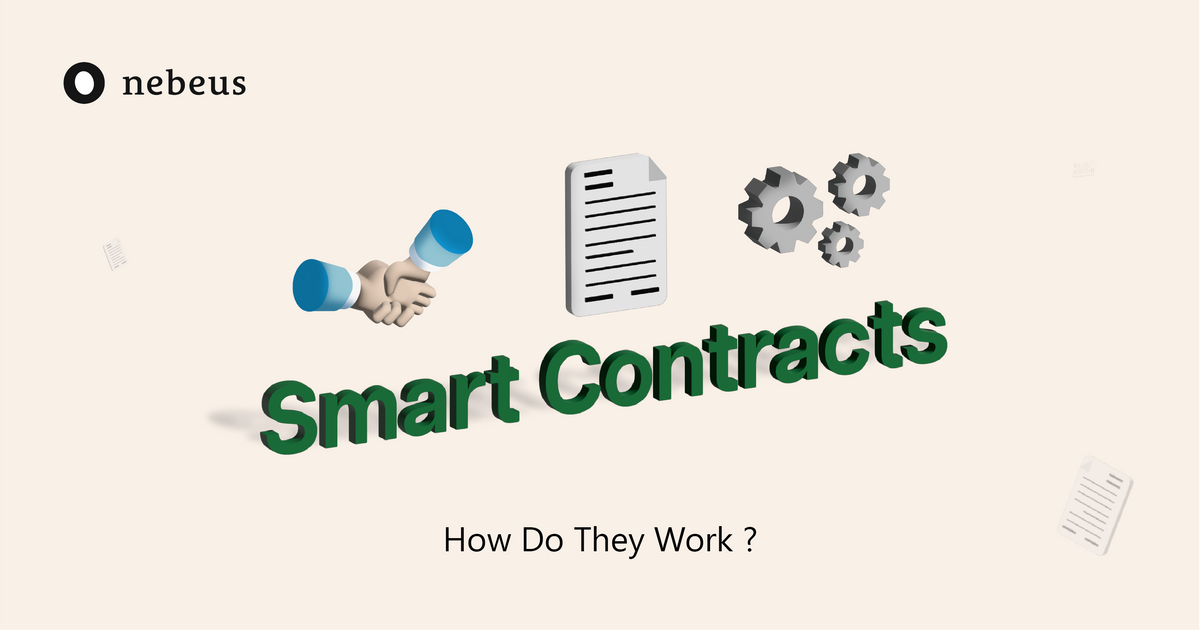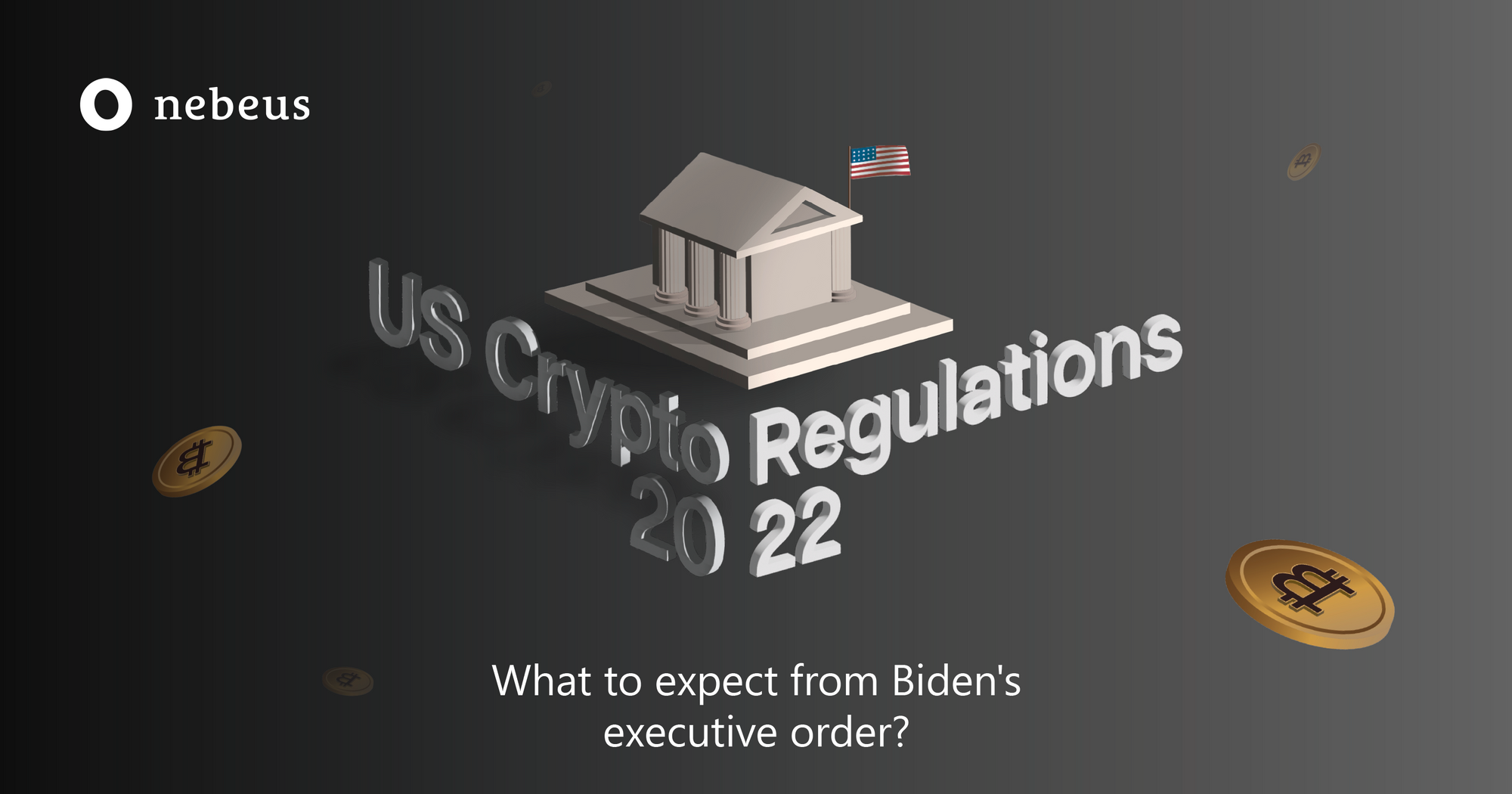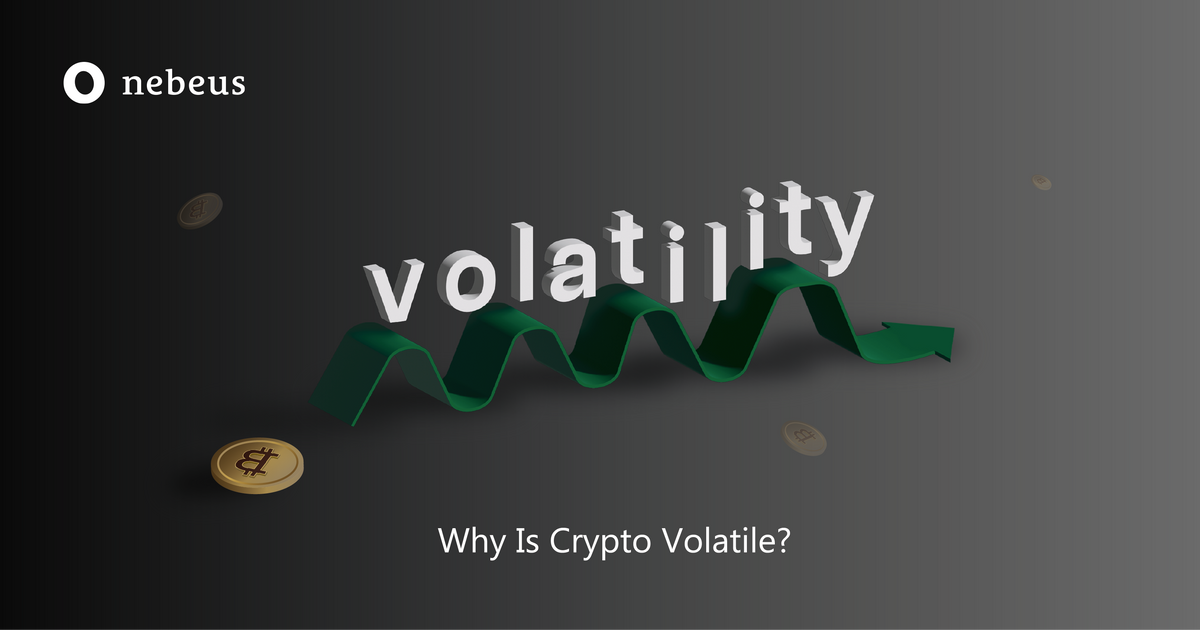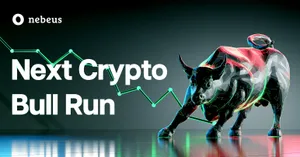A Smart Contract is a program designed to trigger when certain conditions of a contract have been met. Smart Contracts have become integral to how cryptocurrency is traded and maintained. It is a great alternative to traditional ledger, offering a faster, cheaper, and more secure way of executing contracts and conducting transactions.
The term was coined by Nick Szabo, a computer scientist and cryptographer, in 1994, who saw the potential in using distributed ledger to store contracts. Nick described Smart Contracts as “a set of promises, specified in digital form, including protocols within which the parties perform on these promises”. Since Smart Contracts are digitised, its processes of verification, control and fulfilment of an agreement conducted between parties, it eliminates the need of a middle man to facilitate contracts or transactions.
Smart Contracts are used to ensure that all parties are confident of the outcome of their agreement. They can be used to automate workflows, causing the next action of an event with conditions met. Like any contract, Smart Contracts carry a set of rules and penalties that come into play if conditions aren’t met. This holds parties accountable for their participation in the contract, and operates in total transparency. They are recognised as an integral part of cryptocurrencies and how they work.
Distributed Ledger and the Blockchain
Since the launch of Ethereum blockchain in 2017, Smart Contracts have been recognised as contracts coded as programs and stored on a blockchain or a distributed ledger. A common misconception is that blockchain is a thing in itself, when in reality blockchain is merely a form, an extension, of distributed ledger.
A distributed ledger is a database that is shared between and synchronised across multiple accounts. These accounts are accessible to multiple people and or parties, and allows transactions through the database to be witnessed by the public if necessary. Recordings of the database are available for analysis by the parties involved, and is hosted within the database. This ensures any changes made can be traced and updated for all parties to see in real-time.
In comparison, traditional forms of ledger can’t provide such immediate insight into their databases. If manipulation of records or agreements were to occur, it would be a whole process to find out why, who changed what, and the consequences involved. Smart Contracts, through distributed ledger, allows every party involved to be safely secured and always understanding of the terms their contract exists upon.
The benefits and usage of Smart Contracts
A key benefit of a Smart Contract is the reduction in errors when processing information. It optimises speed and accuracy. Smart Contracts provide secure environments for information to be exchanged. They host records of transactions, it makes sure such information is less vulnerable to outside manipulation as they are encrypted. In general, the security is deemed to be top notch as blockchain and distributed ledgers back up constantly, hence originals can be restored if necessary. It should be noted that Smart Contracts are hard to alter once produced, which can be problematic if a change is required as recoding it is a lengthy process in contrast to how it usually works. Nevertheless, many industries are being transformed through the application of Smart Contracts and they will continue to develop for the foreseeable future.

For example, Financial services are evolving through new approaches. Banks like HSBC, World Bank Group, and CitIBank, are investing in blockchain technologies in acknowledgement that they are revolutionising the industry. It enables trust between bank, financial service, and the clients as it decentralises data presenting a level playing field. Clients have always had issues with banks and their processes, Smart Contracts give power back to them by making sure it isn’t a one way street. Smart Contracts automated systems also increase workflow, speeding transactions and changes to contracts faster than ever before. Since these contracts are digitised, it can also save jobs, in turn saving companies and clients time and money by not working around more people or a middle man servicing company.
Smart Contracts can also be utilised in Governance and their voting systems. Many a time Governments and voters have been accused of manipulating results. With a Smart Contract voting system hosted online, it would address a spread of issues traditional voting systems have. Each vote would be verified by the blockchain, and having safe records to note who voted what, with the voters themselves able to verify it to the world. Voter turnout would emphatically increase, allowing those disenfranchised by the system, and those unable or unwilling to attend polling stations, to vote with ease. The outmoded system of voting in person also makes less sense in a pandemic induced world. Other applications of Smart Contracts include dispute resolution with vendors. If contracts are breached, terms could trigger resolutions already set without processes overseen by a party controlling the contract.
Start making the most out of your crypto with your Nebeus account.
La inversión en criptoactivos no está regulada, puede no ser adecuada para inversores minoristas y se puede perder la totalidad del monto invertido.










